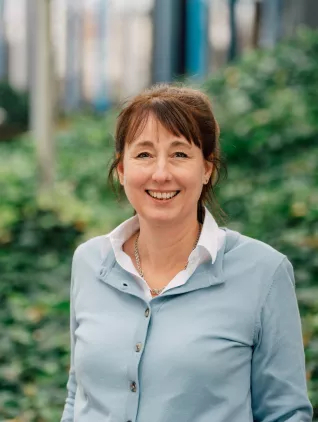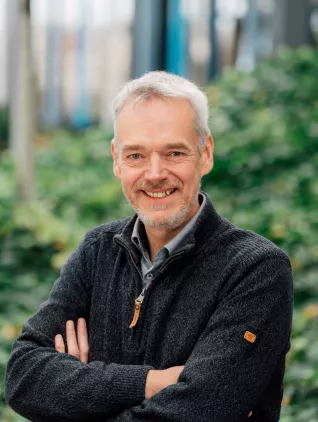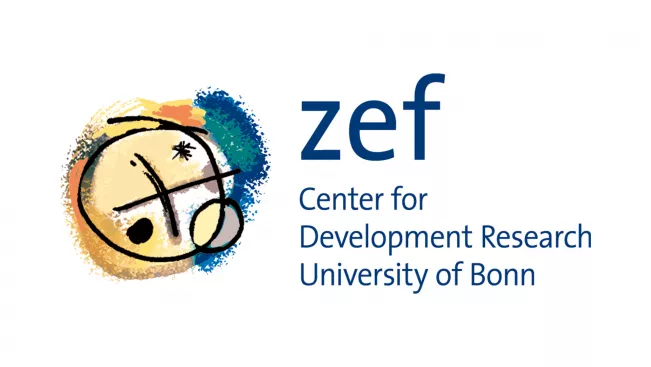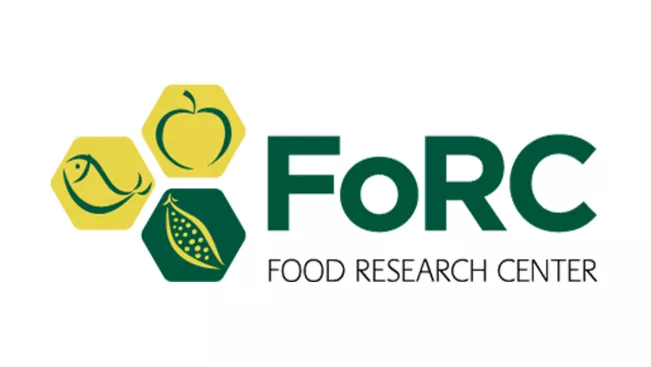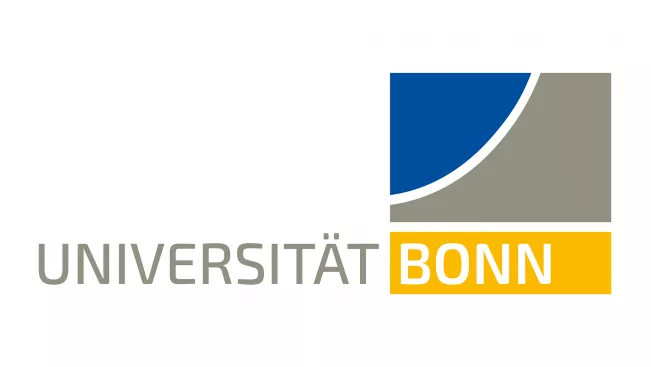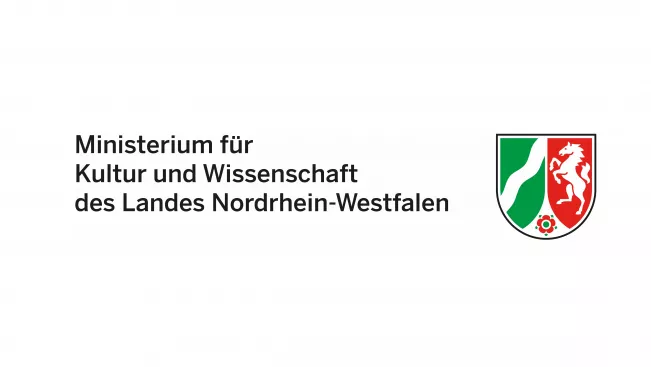One Health - A holistic approach to metropolitan regions Part 2
Research project at a glance
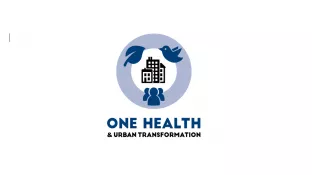
Departments and Instituts
Period
01.01.2021 to 31.12.2024
Project Description
Using the One Health approach, the research college, led by ZEF at the University of Bonn, is looking at urban food systems: on the one hand, at the "supply of healthy food from sustainable production" and, on the other hand, at the "spread and transmission of antibiotic-resistant pathogens" through food chains. Furthermore, health-related aspects of urban transformation are highlighted, which fall into the areas of "health and well-being" and "sustainable cities". In addition, the One Health approach itself and its implementation in different metropolitan regions will be examined.
From the holistic One Health perspective, we will examine the transformation of health-related systems in human, animal, and environmental health in the context of urban agricultural production and urban planning elements in North Rhine-Westphalia and metropolitan regions in developing and emerging countries.
The following One Health PhD students are supervised by Prof. Dr. Wiltrud Terlau, Prof. Dr. Katja Bender and Prof. Dr. Martin Hamer:
- Eliana Lins Morandi
Territorial governance for food sovereignty in São Paulo (Brazil)
Supervision: Prof. Dr. Wiltrud Terlau
- Maria Luisa Espinel Ramos
Urban health ecology and biodiversity at the animal-human health interface: zoonotic disease dynamics in urban and peri-urban areas
Supervision: Prof. Dr. C. Borgemeister (ZEF), Prof. Dr. Wiltrud Terlau
- Atefeh Movassagh
Sustainable urban transformation through climate change mitigation and sustainable soil and water management
Supervision: Prof. Dr. Martin Hamer
- Sanjana Rajasekar
The interplay of institutions and social protection in promoting farmer resilience in Ahmedabad (India)
Supervision: Prof. Dr. Katja Bender
- Silvia Berenice Fischer
Extreme Weather Events and Peri-Urban Agriculture in Sao Paulo (Brazil)
Supervision: Prof. Dr. Wiltrud Terlau
- Jessica Felappi
Urban Green Spaces and One Health – Designing parks for human and wildlife health promotion in Sao Paulo (Brazil)
Supervision: Prof. Dr. Wiltrud Terlau
